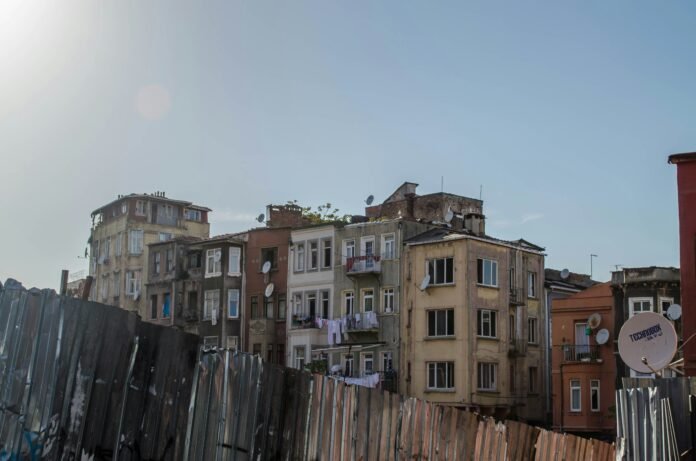Mothers raising teenagers in Istanbul’s poorer neighborhoods have urged the Turkish government to tackle the structural causes of youth crime as a new judicial reform bill proposes ending sentence reductions for minors, the Evrensel daily reported.
The Turkish Ministry of Justice is drafting a judicial reform bill that would significantly reduce or eliminate sentence reductions for crimes committed by minors aged 15 to 18.
The draft legislation would amend Article 31 of the Turkish Penal Code, which currently grants reduced sentences to offenders aged 15–18. At present aggravated life sentences are cut to 18–24 years, life sentences to 12–15 years and other penalties reduced by one-third. The reform would scale back these reductions, allowing judges to impose full adult sentences on offenders aged 16 and above in serious cases such as homicide, based on intent, motive and prior record. It also strengthens parental accountability by amending Article 233, increasing penalties for neglecting care and education requirements, which now carry a maximum of one year in prison.
The proposal follows a public outcry over juvenile violence, particularly after the January 24 murder of 15-year-old Mattia Ahmet Minguzzi in broad daylight in an Istanbul marketplace. Two suspects — 16-year-old B.B. and 15-year-old U.B. — were arrested in connection with the killing. The victim’s mother, Yasemin Minguzzi, has campaigned for the suspects to be tried as adults, even appealing directly to President Recep Tayyip Erdoğan and staging a sit-in on July 21 demanding amendments to juvenile justice laws.
Minguzzi’s call was echoed by the government’s ally, Nationalist Movement Party (MHP) leader Devlet Bahçeli, who argued there should be “no mercy” and that portraying a murderer or terrorist as a child was a “serious mistake.”
The proposed amendments to the Turkish Penal Code have prompted concerns among mothers struggling to keep their children away from crime. While the new bill would increase accountability for parents whose children engage in criminal activity, these mothers argue it is the government’s failure to prevent children from turning to crime by improving school conditions and providing safe neighborhoods where they can socialize without getting into trouble.
Belgin, a mother of three living in one of Istanbul’s poorest neighborhoods, described her area as crime-ridden in an interview with Evrensel. “Sometimes we go for ice cream with the kids, and then we hear gunshots from a nearby street. When I take the children to the park, they pick up profanity,” she said.
Another mother, Sibel, who lives in the same neighborhood, said drugs were rampant in the area. “At least a third of our neighbors have a child who uses drugs. We can smell it from our balconies, and dealers are selling it practically in front of our doorstep,” she said.
The women agreed that their neighborhoods were unsafe. Minors are often confronted by gangs on their way to school, and some have been beaten or injured with knives. “The other day, a man just walked into their school holding a knife,” Belgin said. “The police detain these gang members, but they get released the same day.”
Schools in these areas are also overcrowded and in poor condition. Classrooms can hold up to 50 students, and the buildings are dirty and poorly maintained. Many children from low-income families are forced to drop out due to financial pressures, leaving them more vulnerable to criminal influences.
Violence among minors in Turkey has been rising, with a growing number of fatal incidents over the past year. Opposition politicians have repeatedly warned that increasing poverty is making minors vulnerable to crime, calling on the government to implement better social policies to deter young people from joining gangs and engaging in criminal activity.















